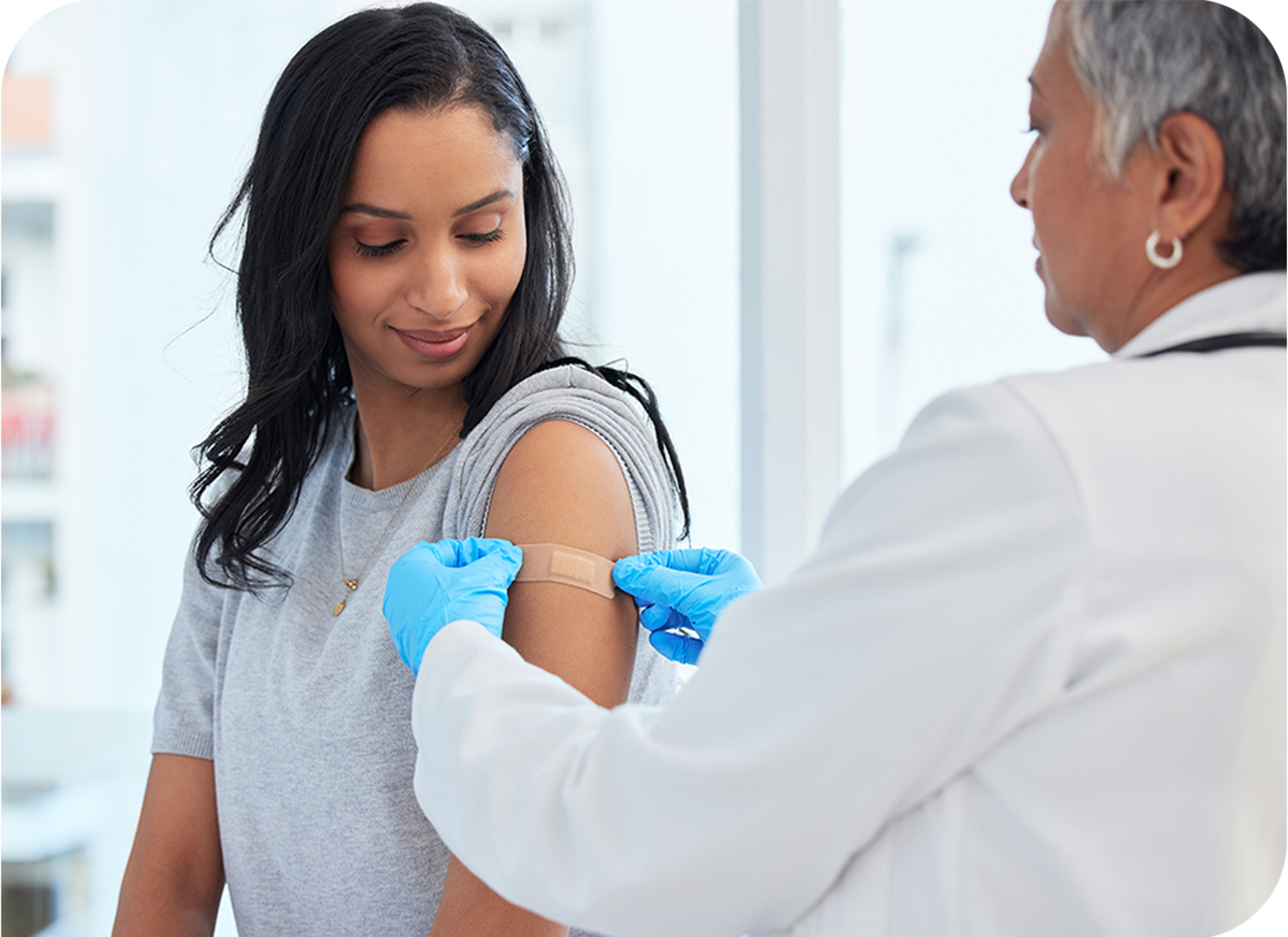Few interventions have had as profound an impact on public health as immunizations. Vaccines have been instrumental in controlling and, in some cases, eradicating some of the most dangerous diseases that once plagued societies. As we continue to navigate a world where global travel and interconnectedness are the norms, understanding the importance of immunizations is more crucial than ever.
Why Immunizations Matter
- Prevention of Disease: Immunizations protect individuals from a wide range of potentially severe or fatal diseases. From measles to polio, vaccines have been developed to prevent these illnesses by stimulating the body's immune system to recognize and fight pathogens. By getting vaccinated, individuals not only protect themselves but also contribute to the broader community's health.
- Herd Immunity: When a significant portion of the population is vaccinated, it reduces the overall prevalence of a disease. This phenomenon, known as herd immunity, is significant for those who cannot be vaccinated due to medical reasons or age restrictions, such as infants or people with certain health conditions. Herd immunity helps prevent outbreaks and protects vulnerable groups.
- Eradication of Diseases: Vaccines have led to the eradication of diseases like smallpox and have significantly reduced the incidence of others like polio. The goal of vaccination programs is not only to prevent illness but to eliminate diseases, as seen with smallpox, which has been completely eradicated thanks to global vaccination efforts.
- Cost-Effectiveness: Immunizations are not just a medical necessity; they are also economically advantageous. Preventing diseases through vaccines reduces healthcare costs by minimizing the need for treatments, hospitalizations, and long-term care associated with severe illnesses. The savings generated from vaccines extend to families, healthcare systems, and societies at large.
Kaiser’s Perspectives on Vaccinations
The importance of immunizations is echoed not only by public health experts but also by Kaiser, which recognizes its role in reducing healthcare costs and improving quality of life:
- Kaiser Permanente: "Vaccinations are a critical investment in public health. By reducing the incidence of vaccine-preventable diseases, we help lower overall healthcare costs and improve patient outcomes. Immunizations not only protect individuals but also foster a healthier community." ~ Kaiser Permanente (Read more)
Addressing Common Concerns
Despite the proven benefits of vaccines, there are still misconceptions and fears that can lead to vaccine hesitancy. It's essential to address these concerns with accurate information:
- Safety and Efficacy: Vaccines undergo rigorous testing and continuous monitoring for safety and efficacy. Regulatory agencies, such as the FDA and WHO, ensure that vaccines meet high standards before they are approved for use.
- Side Effects: Most vaccine side effects are mild and temporary, such as soreness at the injection site or a slight fever. Severe reactions are infrequent. The benefits of vaccination far outweigh the risks associated with these minor side effects.
- Natural Immunity vs. Vaccine-Induced Immunity: While natural infection can lead to immunity, it often comes with the risk of severe illness and complications. Vaccines provide a safe and controlled way to achieve immunity without the dangers associated with the disease itself.
The Future of Immunizations
The landscape of immunization continues to evolve with advancements in science and technology. New vaccines are being developed to address emerging diseases and to improve existing ones. For instance, the recent advancements in mRNA vaccine technology, highlighted by the COVID-19 pandemic, have shown great promise for future vaccine development.
Your Role in Immunization
As individuals, it is crucial to stay informed about vaccination schedules and ensure that you and your family are up-to-date with immunizations. Regular consultations with healthcare providers can help you navigate vaccine recommendations and address any questions or concerns.
Community engagement and advocacy also play a crucial role in promoting vaccination. By sharing accurate information and encouraging others to get vaccinated, you contribute to a healthier, safer society for everyone.
Conclusion
Immunizations are a cornerstone of modern medicine and public health. They save lives, reduce the burden of disease, and help protect future generations. Embracing vaccines is not just a personal choice but a collective responsibility that benefits the entire community. As we move forward, let’s continue to support and champion the life-saving power of immunizations, ensuring a healthier future for all.
For more information about vaccines and to find out which ones are recommended for you and your family, consult your healthcare provider or visit reputable health organizations such as the Centers for Disease Control and Prevention (CDC) and the World Health Organization (WHO).
If you'd like to learn more, please contact me at:
Heather Raskulinecz
Senior Vice President, Employee Benefits
hraskulinecz@venbrook.com
949.547.0227
























